Designing for Delight with Matthew Urbanski
October 23, 2018; 1–3 p.m.
Matthew Urbanski will describe his approach to highlighting delight as a design imperative and how this translates into creating memorable environments for play.
The core impulse behind garden-making is the pursuit of delight. Similarly, landscapes of play exist solely to give children delight through the fundamental human activity we call play. Like delight, play takes many forms, as will be illustrated in the range of projects discussed.
Matthew Urbanski, a Principal of Michael Van Valkenburgh Associates, has worked for the firm for over three decades where he has been part of the leadership for almost every major project the firm has completed, including Brooklyn Bridge Park, Maggie Daley Park (Chicago), A Gathering Place for Tulsa, and Teardrop Park (Manhattan). He lectures regularly on design of play spaces in the landscape and how spatial complexity, particularly when combined with plants and other natural materials, supports an integration of active and imaginative play.



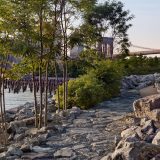
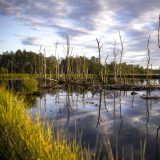
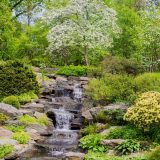
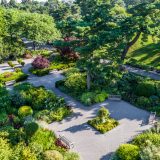
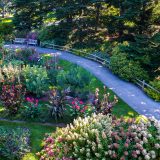
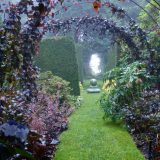
 Location At NYBG
Location At NYBG